Midnight Mass is the third miniseries Mike Flanagan has shot for Netflix in a span of 3 years. Since 2018, the year of the premiere of The Haunting of Hill House, he has not left the streaming platform except to shoot Doctor Sleep in 2019. Flanagan seems to be quite comfortable within Netflix: to The Haunting of Bly Manor in 2020, of which he only directed the first episode, although he is the creator and the main responsible, and to this Midnight Mass in 2021, which has been completely directed by him as was The Haunting of Hill House, we must add The Fall of the House of Usher, which he is currently filming for the platform with a view to a premiere in 2022, although in this case it seems that he will not be in charge of all the episodes either.
In this feverish stage of his career, in which he has delivered no less than five films and three miniseries in a span of only five years, it seems that the needs of Flanagan’s audiovisual language find a better channel in the terrain of the miniseries than in that of the cinematic film.
In fact, Doctor Sleep is, with its partial successes and, above all, with the (admirable) risk taken in tackling the sequel to a major film like The Shining, the least attractive of his recent works. Flanagan seems to have found in the miniseries format the key to enhance the characteristics of his way of understanding the fantastic.
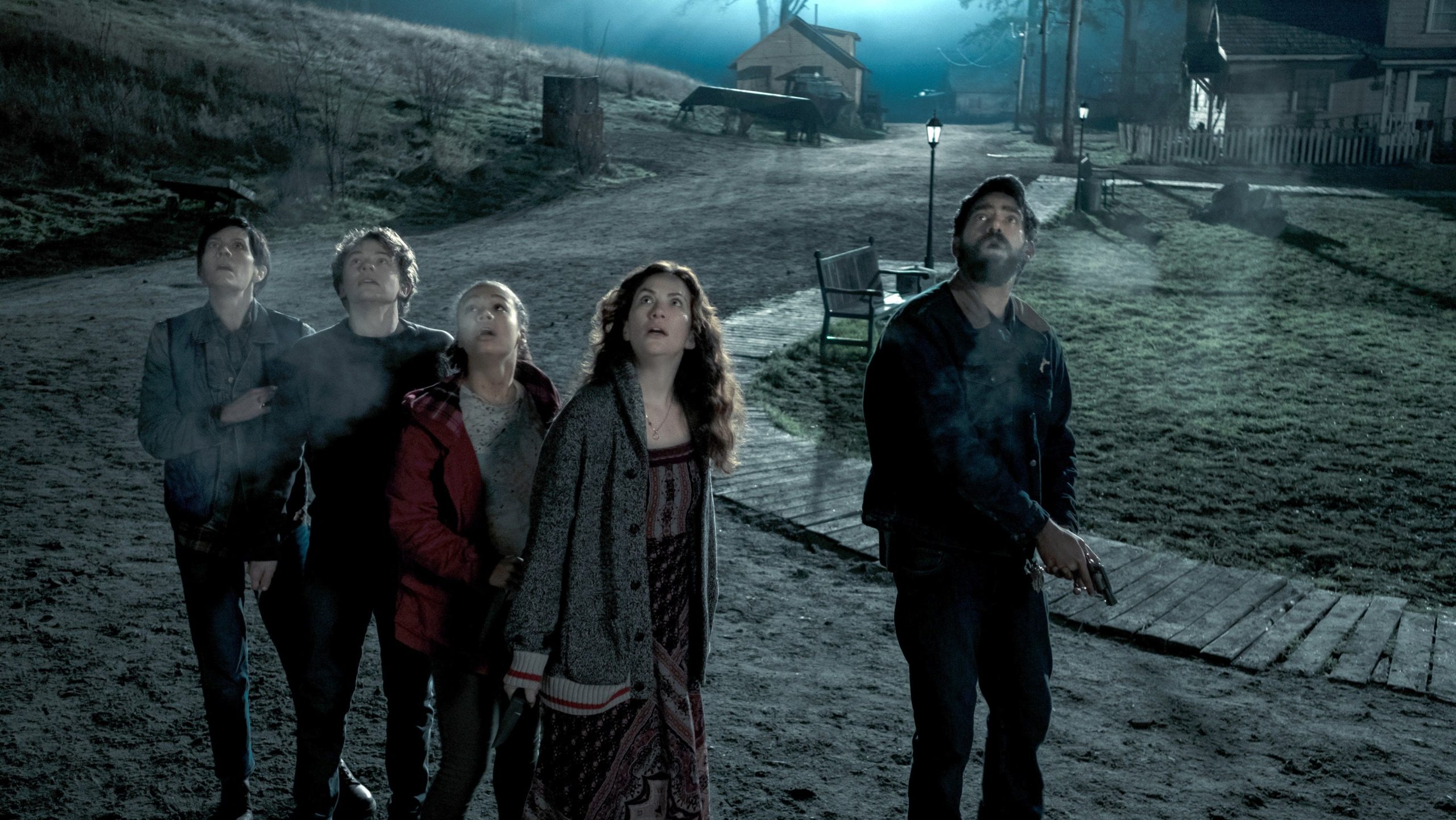
This is a curious paradox, which is what ultimately tensions Flanagan’s Netflix work: his gaze is not so much connected with the modernity that is presupposed to material produced by a streaming platform, a cultural and sociological phenomenon of the 21st century that did not exist in the last century, but rather with a retrospective, classical option, if you like.
Quite the opposite of the coordinates in which the genre tends to move nowadays, Flanagan delights in space, time and characters, giving them both an unquestionable protagonism. Midnight Mass, in this sense, takes the time to physically describe the island on which the story takes place: the viewer is left in no doubt about the appearance of the streets, the harbour, the houses and —very importantly— the deliberately old-fashioned appliances that inhabit them.
Something similar happens with the timing and the characters. Perhaps here it gets a little over the top on some occasions, but I won’t be the one to raise my voice to point it out: those monologues disguised as clearly stretched dialogue, such as those between Father Paul and Riley Flynn in the dreary multi-purpose room, or those between Riley and Erin both in the latter’s house and in the boat sequence, will surely test the patience of many Netflix users, who will throw themselves on the remote control to shorten the agony. And yet these are moments that, precisely because of their obviously outdated architecture (nobody writes such long dialogues any more), are enjoyed with an avidity that few audiovisual products today are capable of providing. Much less a product produced by a streaming platform.
Flanagan chooses to define his characters mainly through words. Once again swimming against the tide: mainstream audiovisual art today has become much more “visual” than “audio”, almost a shuttle of images that aim to remain in the retina, no matter what the cost, no matter if they are integrated into the story, no matter what the impact on the spectator.
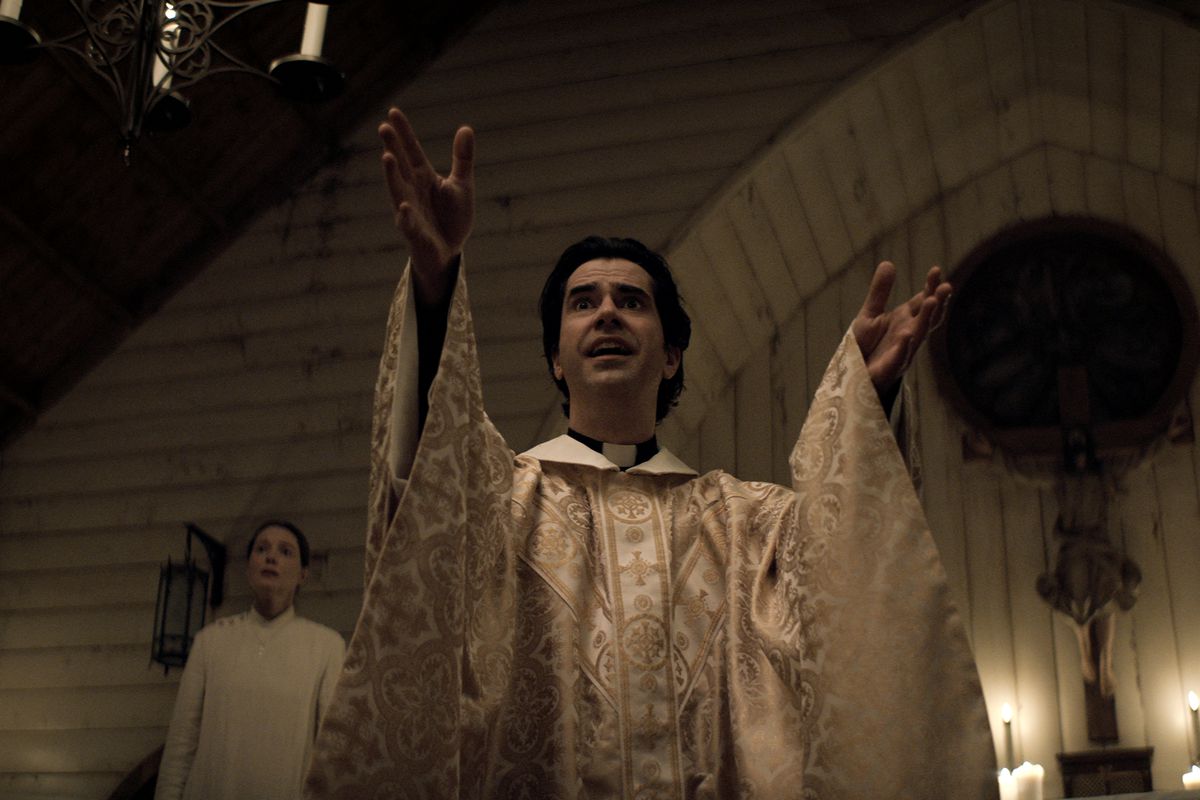
It is fascinating, then, that Netflix has produced four miniseries for a director whose penmanship is more 20th century than 21st century cinema. Not only technically, but the themes and plots that Flanagan has set for Netflix could not be more classic: although they are very freely inspired, The Hunting of Hill House adapts Shirley Jackson, The Hunting of Bly Manor adapts Henry James, and The Fall of the House of Usher adapts Edgar Allan Poe. Midnight Mass, unlike these three miniseries, is Flanagan’s original material. But his influences, which range from the Kathryn Bigelow of Near Dark to Stephen King to Guillermo del Toro’s The Strain, also point in classical directions.
Organised in episodes titled like certain parts of The Bible, the obvious criticism of religious fanaticism is so evident in almost every shot that it does not merit much comment. Flanagan uses some more or less hackneyed resources to develop this reprobation, such as the figure of Bev Keane, the odious assistant of the main priest and catalyst of one of the main ideas that vertebrates the miniseries: Evil needs the human hand to materialise in this world.
Much more interesting (and unexpected) is the figure of Father Paul. Halfway between Moses and Jesus Christ himself, Father Paul is one of the most complex and exciting characters in the Flanagan universe: His emotional arc, which moves from demonic possession to Christian proselytising, ending in repentance and redemption, synthesises the real journey proposed by the series, a journey into the evil that nestles in human beings and which offers no more hope than that which the two boys with whom the miniseries ends can symbolise: the purity of childhood, still immaculate, is the only loophole in which evil does not nestle.
https://www.youtube.com/watch?v=JfIw68STJI8
Thus, with this conceptual depth, Mike Flanagan articulates his infernal version of the sacred scriptures, a version in which, as Stephen King himself did in It, he dares to propose an evil deity who, far from seeking the salvation of the human race, pursues its extinction.
Midnight Mass is a work so generous in its meanings, so coherent in its references, and so well thought out in its dramatic progression, that we don’t deserve it. Especially when it has gone totally unnoticed in the cataract of Netflix releases, having the bad luck to coincide with that (pitiful) global phenomenon of squid.
The worst thing that could happen to the fantastic is that they stop giving money to people like Mike Flanagan. The situation is not such that we can’t afford to ignore such excellent products as Midnight Mass.

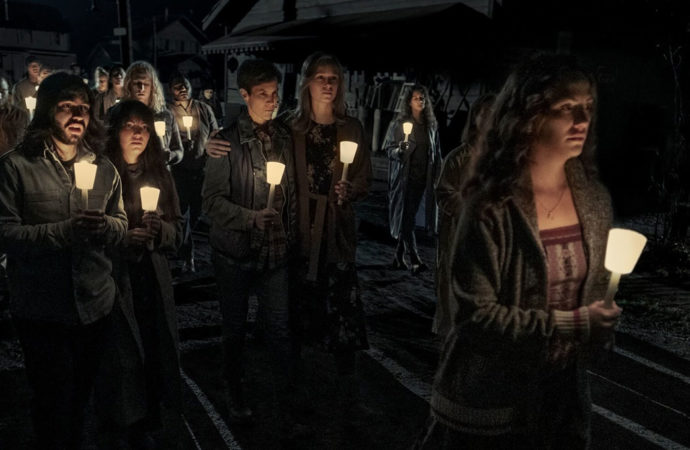
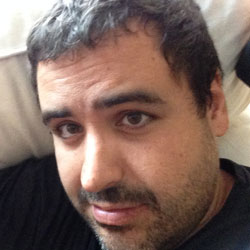
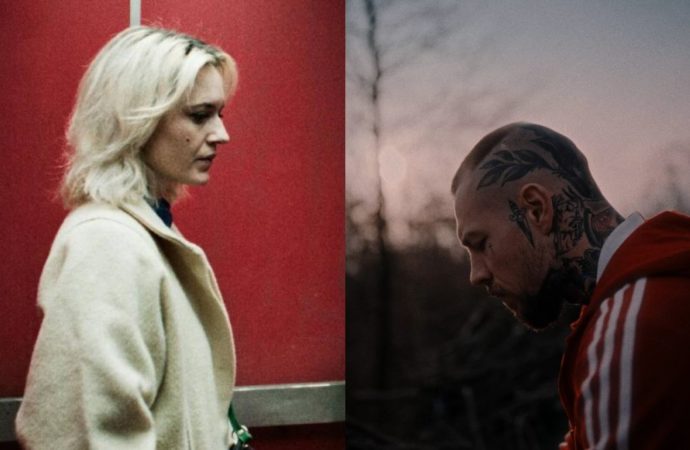

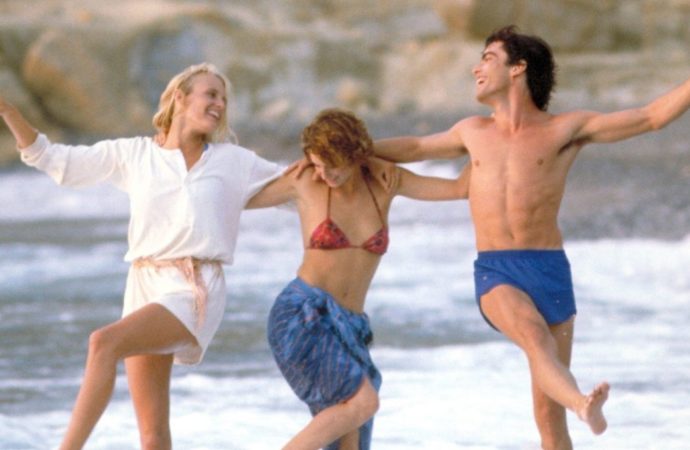
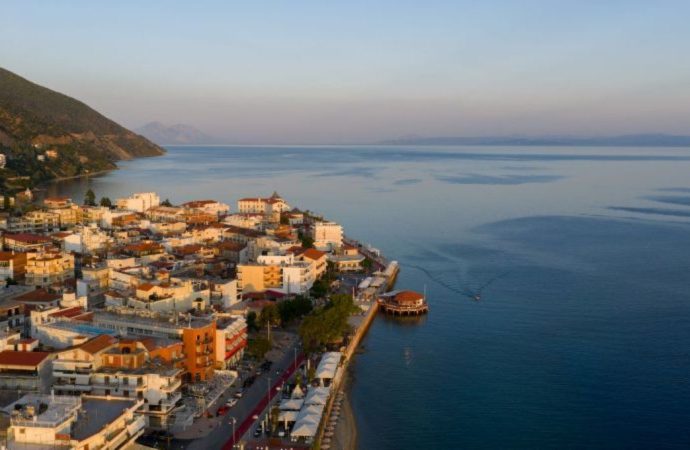
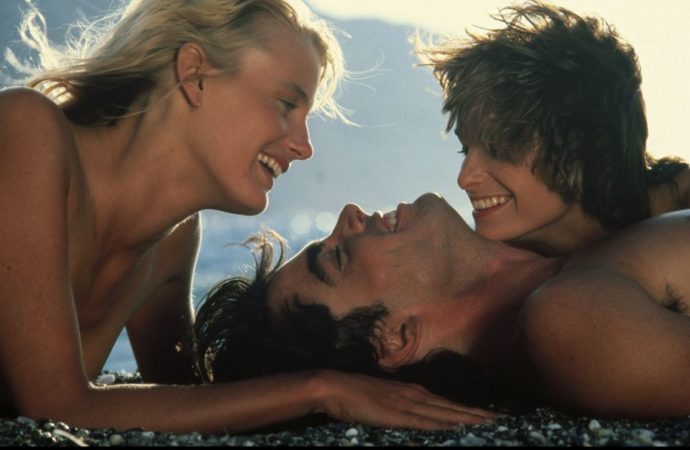

No one has posted any comments yet. Be the first person!